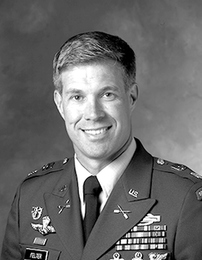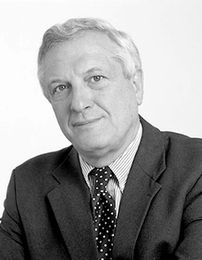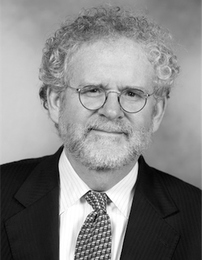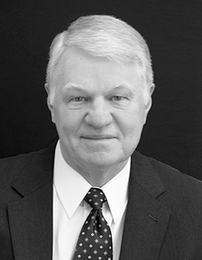Military History/Contemporary Conflict Working Group
Explore Research
Filter By:
The Working Group on the Role of Military History in Contemporary Conflict examines how knowledge of past military operations can influence contemporary public policy decisions concerning current conflicts.
As the very name of Hoover Institution attests, military history lies at the very core of our dedication to the study of "War, Revolution, and Peace." Indeed, the precise mission statement of the Hoover Institution includes the following promise: "The overall mission of this Institution is, from its records, to recall the voice of experience against the making of war, and by the study of these records and their publication, to recall man's endeavors to make and preserve peace, and to sustain for America the safeguards of the American way of life." From its origins as a library and archive, the Hoover Institution has evolved into one of the foremost research centers in the world for policy formation and pragmatic analysis. It is with this tradition in mind, that the "Working Group on the Role of Military History in Contemporary Conflict" has set its agenda—reaffirming the Hoover Institution's dedication to historical research in light of contemporary challenges, and in particular, reinvigorating the national study of military history as an asset to foster and enhance our national security. By bringing together a diverse group of distinguished military historians, security analysts, and military veterans and practitioners, the working group seeks to examine the conflicts of the past as critical lessons for the present.
Victor Davis Hanson on War in the Contemporary World — WATCH
The careful study of military history offers a way of analyzing modern war and peace that is often underappreciated in this age of technological determinism. Yet the result leads to a more in-depth and dispassionate understanding of contemporary wars, one that explains how particular military successes and failures of the past can be often germane, sometimes misunderstood, or occasionally irrelevant in the context of the present.
The working group is chaired by Victor Davis Hanson with counsel from Bruce S. Thornton and David L. Berkey, along with collaboration form the group’s distinguished scholars, military historians, analysts, journalists, and military officers.












































